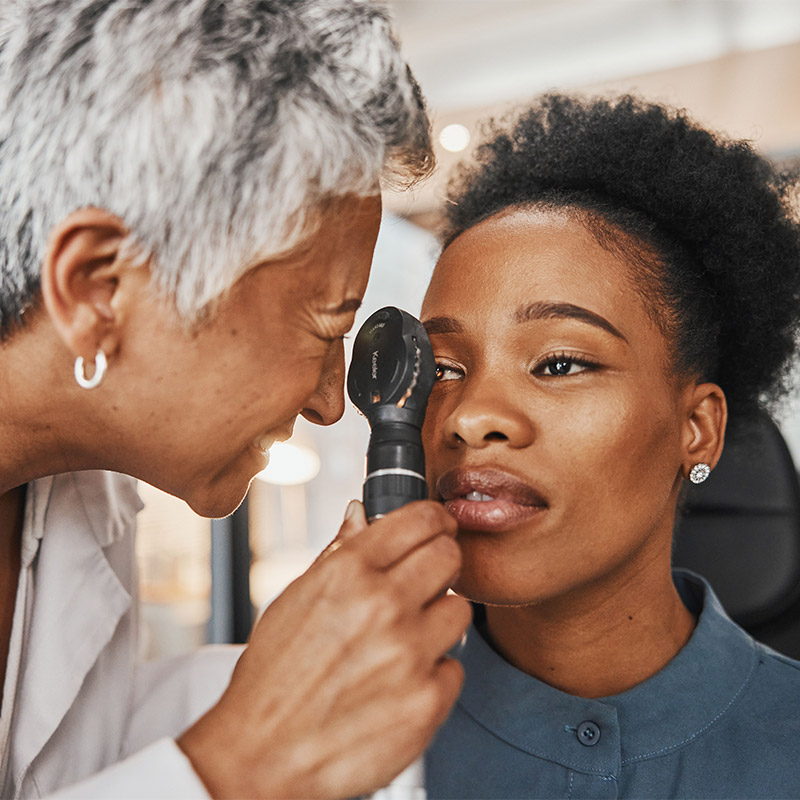Cornea Disease & Transplant Surgery
Corneal Disease Treatment
What Is the Cornea?

Common Corneal Conditions
Some of the common conditions we see at Spindel Eye Associates concerning corneas include the following:
Corneal Abrasion
Fuchs Endothelial Corneal Dystrophy
Bullous Keratopathy
Keratoconus

Signs You May Have a Corneal Disorder
How do you know if you may have one of these corneal conditions? There are several symptoms that can help you to know when to make an appointment with our eye doctors at Spindel Eye Associates:
- Redness
- Blurred vision
- Light sensitivity
- Pain
- Foreign body sensation
One or two of these things on their own may not be a sign of concern, but when it comes to the eye, it’s always better to get it checked out sooner rather than later. Some of these conditions only get worse with time. At Spindel Eye Associates, we can provide you with a diagnosis and make sure you get the care that you need.
What Causes Corneal Disorders?
- Genetics
- Eye trauma
- Infection
- Chronic inflammation
- Medication toxicity
- Dry eye
- Sun damage
- Eyelid problems
- Tumor
- Contact lens usage
- Ocular surgery
- Aging
Conditions and Procedures
While corneal conditions can be very serious, there are many procedures that can restore vision and health. The following procedures can help rectify certain conditions.
